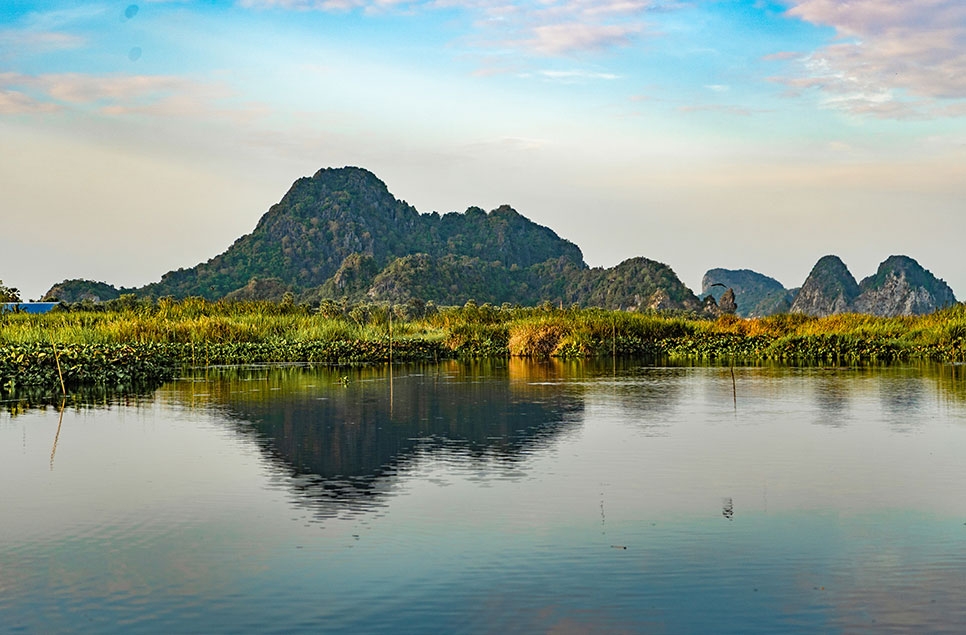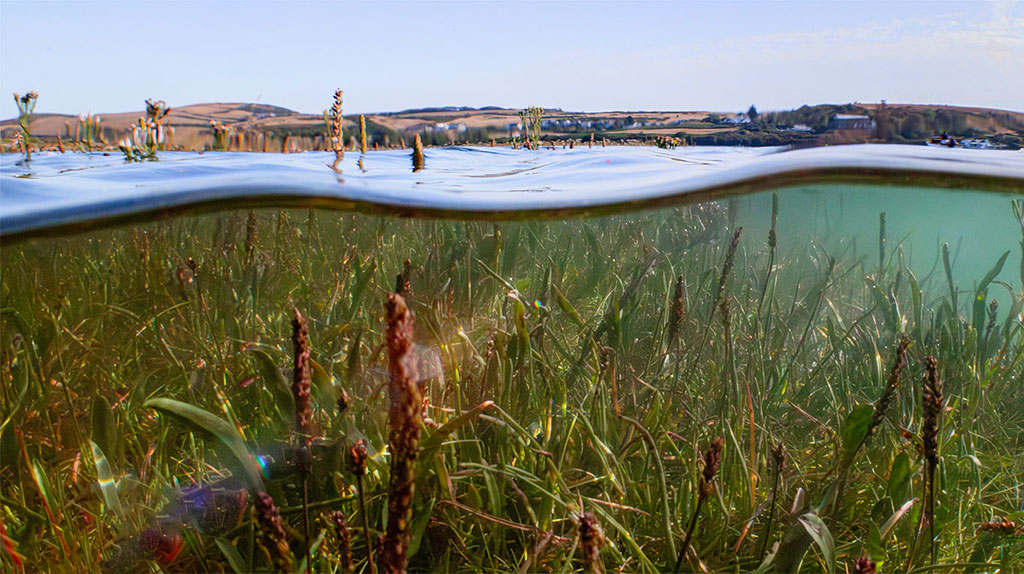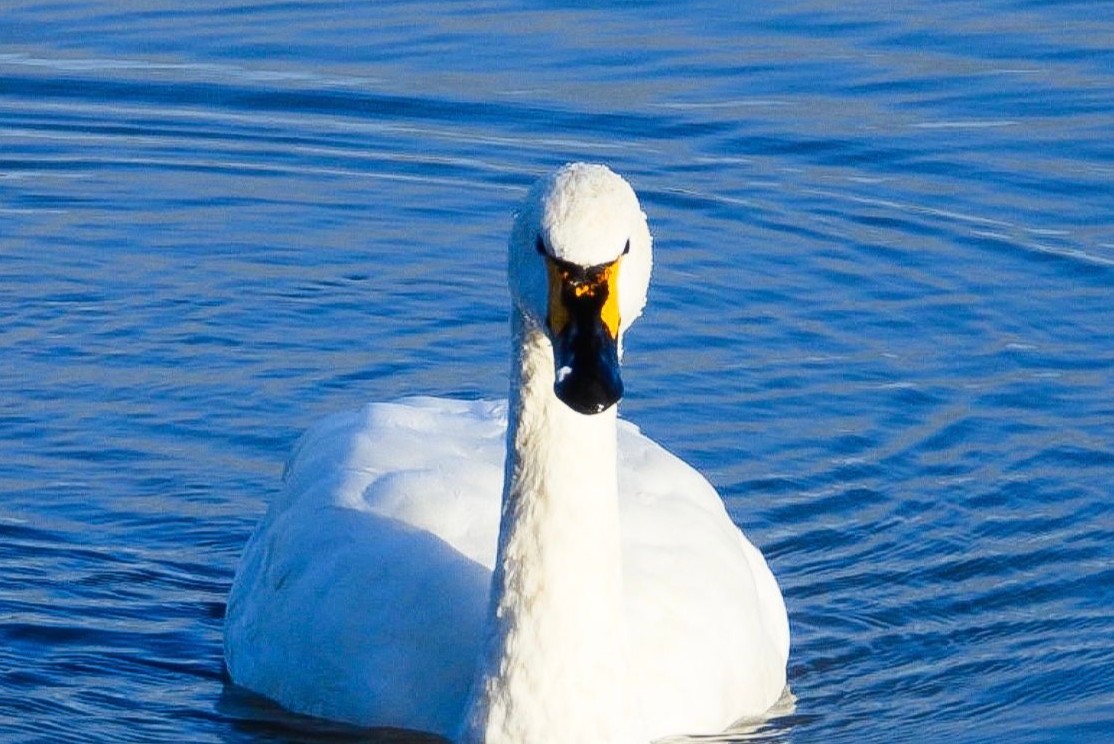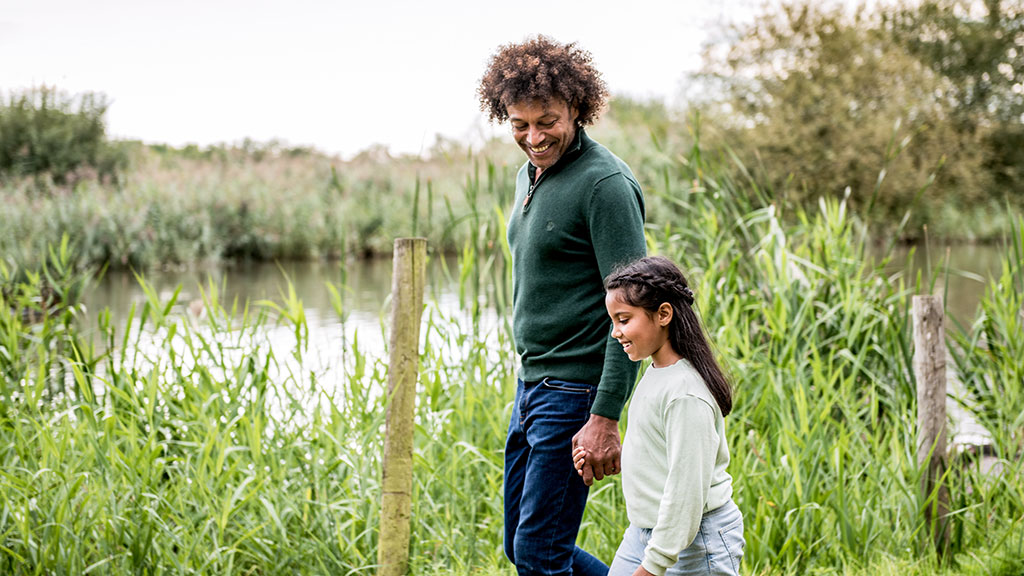“Restoring wetlands could save UK billions”, say WWT experts ahead of global summit
As international delegates gear up for the Ramsar Convention on Wetlands COP15 in Zimbabwe this July, a major new report is warning one fifth of the world's wetlands could vanish by 2050.

Protecting and restoring vital and precious wetland habitats could bring more than £8 billion in social, environmental and economic benefits to the UK alone – WWT, the charity for wetlands and wildlife, says.
A new report, the Global Wetland Outlook 2025 (GWO 2025) , has warned one fifth of global wetlands could be lost by 2050. And with wetlands estimated to be worth up to $39 trillion USD in global benefits, the cost of losing these habitats could be devastating.
It comes as countries from around the world prepare to gather in Victoria Falls, Zimbabwe, from 23-31 July for the Ramsar Convention on Wetlands, also known as Ramsar COP15, where the theme “Protecting Wetlands for Our Common Future” will guide urgent discussions on reversing wetland loss and scaling up restoration efforts.
Geoff Hilton, Head of Conservation Evidence at WWT, said: “Wetlands are among the most valuable ecosystems on Earth, and in the UK alone, they offer a remarkable return on investment—up to £9 of benefit for every £1 spent.
“From flood protection and cleaner water to carbon storage and improved wellbeing, restoring wetlands is one of the smartest, most cost-effective ways we can tackle the climate and nature crises. But we can’t do it alone.”
In Zimbabwe, WWT’s team of delegates will set out the charity’s ambitious mission to restore 100,000 hectares of wetlands in the UK by 2050. These superpowered habitats could bring £8 billion in benefits, by improving the UK’s water quality and tackling the most extreme effects of climate change.
Geoff continued: “That’s why COP15 is so vital—it’s a chance for countries to come together, share knowledge, and commit to bold action. The UK has a proud history of wetland conservation, and we must now lead by example, restoring 100,000 hectares and unlocking billions in benefits for people and nature.”



